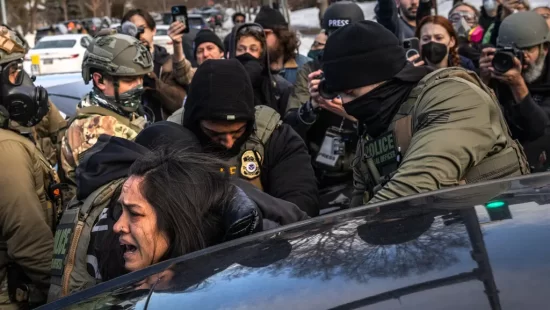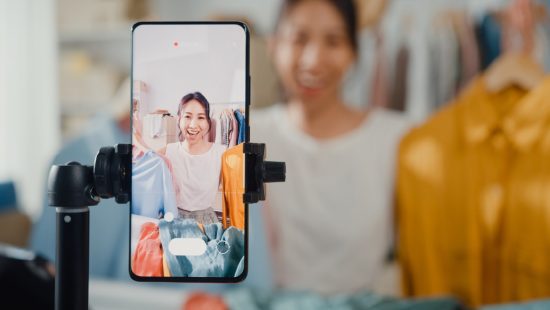The gender pay gap in the United States is sometimes linked to differences in the way women and men approach negotiating their pay. Most U.S. workers who are not self-employed say they did not ask for higher pay than what was initially offered the last time they were hired for a job, according to a new Pew Research Center survey. But men are slightly more likely than women (32% vs. 28%) to say they did ask for higher pay than what was offered.
Among workers who did ask for higher pay, 28% say they were given the pay they asked for, 38% say they were given more than was originally offered but less than they had asked for, and 35% say they were only given what was first offered. Women are more likely than men (38% vs. 31%) to say that after asking for higher pay, they were only given what had initially been offered.
Gender differences also emerge when workers who didn’t negotiate for more pay are asked why not. Overall, 39% of workers who didn’t ask for higher pay say they were satisfied with the pay that was offered. A similar share (38%) say they didn’t feel comfortable asking for higher pay, and 23% say there was some other reason.








